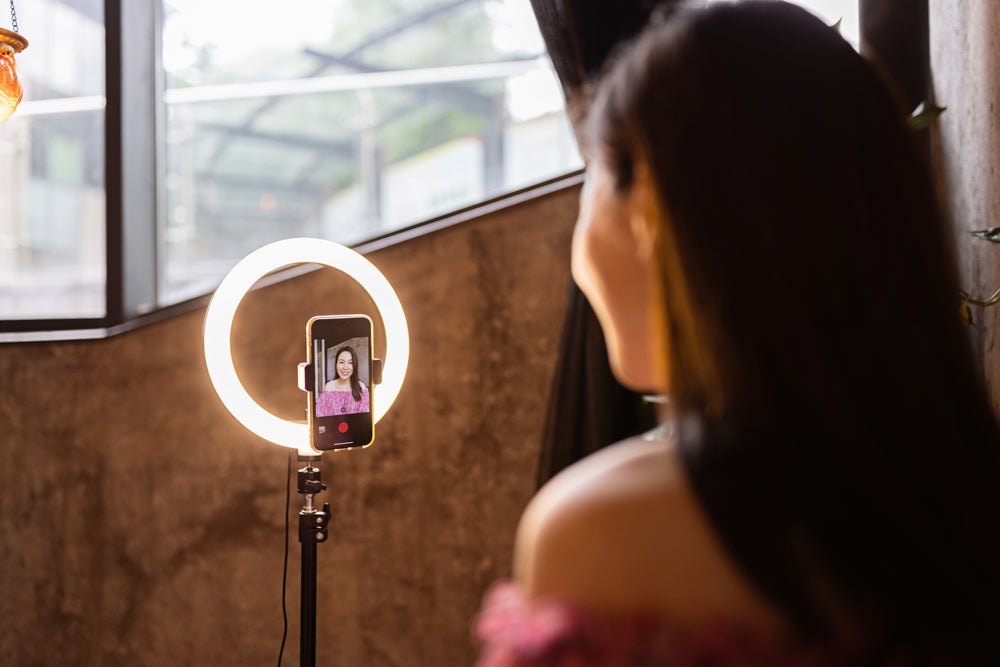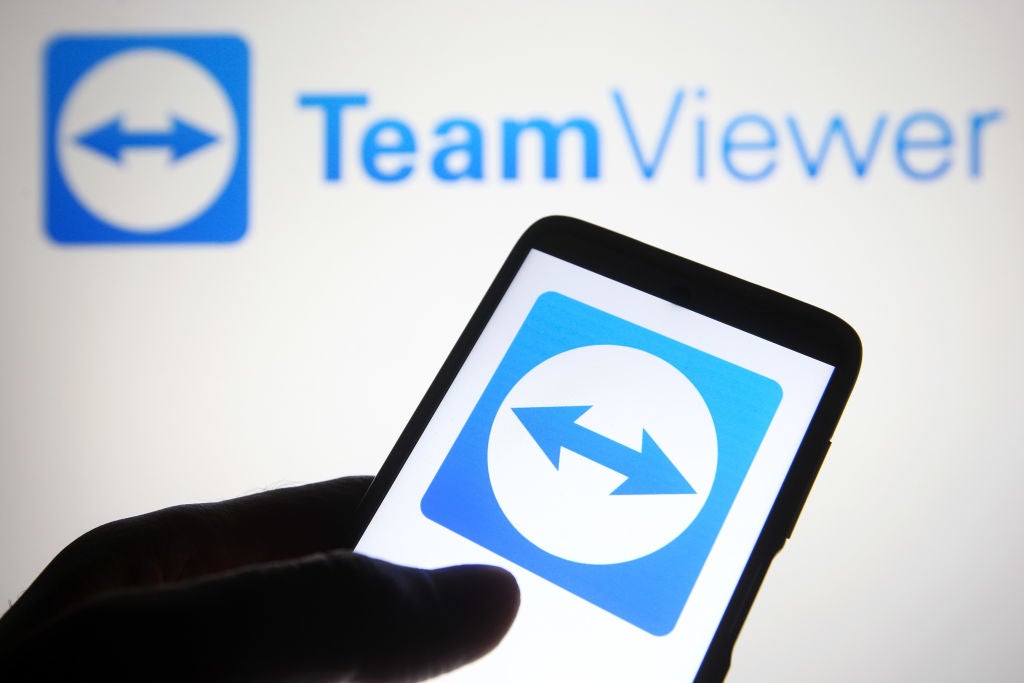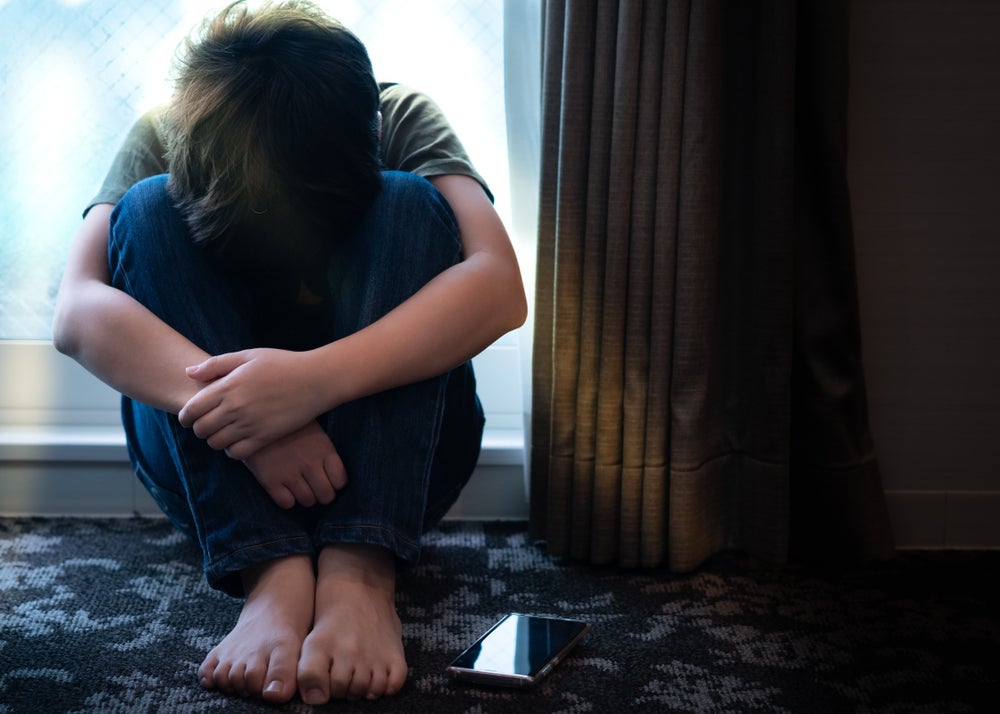In Psychology, narcissism is a personality disorder where individuals have a grandiose sense of self-importance.
It is characterized by arrogance, a need for admiration, and a tendency to exploit others – for example: in American Psycho, Patrick Bateman, the protagonist, states “I have all the characteristics of a human being: blood, flesh, skin, hair, but not a single, clear identifiable emotion, except for greed and disgust”.
The relationship between narcissism and social media has become a controversial research topic in psychology, sociology, and media. Toxicity, insecurity, and perfectionism have given way to some alarming psychological impacts on the users of platforms like Facebook, Instagram, Snapchat, and TikTok. Examples include depression, anxiety, and loneliness.
The dark side of social media
The dark side of social media often overshadows its positive attributes. Users create an online persona to express their feelings, but this can be purely motivated by a desire to achieve perfectionism through popularity, success, and beauty, empowering those who crave constant attention and affirmation from others.
In ‘Nosedive’, an episode of the popular Netflix show Black Mirror, viewers see Lacie Pound, a woman desperate to boost her social pedigree in a fictitious world where a person’s socioeconomic status is determined through ratings out of five, given to them by other people. However, after a series of unfortunate events, her rating dropped significantly, triggering a psychotic breakdown. While the episode overdramatizes the use of social media, it highlights how social media is becoming increasingly detrimental to our psychological health.
A study of narcissism
In a 2018 study published by the Open Psychology Journal, researchers assessed 74 participants aged 18–34 using a Narcissistic Personality Inventory (NPI), a method to measure individual differences in narcissistic tendencies. The study revealed that those who posted large quantities of photos and selfies exhibited a 25% increase in narcissistic traits and were more inclined to use social media for posting images of themselves. A 2021 study published by the University of South Carolinaconcluded that narcissism can be detected through selfies while also demonstrating the complexity of social media behaviors like oversharing and obsessing over photos.
How well do you really know your competitors?
Access the most comprehensive Company Profiles on the market, powered by GlobalData. Save hours of research. Gain competitive edge.

Thank you!
Your download email will arrive shortly
Not ready to buy yet? Download a free sample
We are confident about the unique quality of our Company Profiles. However, we want you to make the most beneficial decision for your business, so we offer a free sample that you can download by submitting the below form
By GlobalDataUsers often compare themselves to influencers who share videos and pictures of their daily lifestyles. Social media apps, like Instagram and Snapchat, with over 2.3 billion monthly active users, offer tools for editing and manipulating images, giving narcissists an avenue to display their perceived perfection and uniqueness. When surrounded by this edited perfection, users buy into these inflated beauty standards.
Consequently, some may limit their food consumption and exhaust themselves with excessive exercise to meet this ideal, leading to potential body dysmorphia. As Patrick Bateman in American Psycho quotes, “Well, you can always be thinner… look better.”
Furthermore, narcissists can be obsessed with their accomplishments. Psychotherapists find that these individuals are devoted to self-obsession and praise as they feel that they are better and wiser than everyone else, concerned with their desires and needs but with a lack of empathy for others.
Driven by attention, narcissists share their success with the world as they believe that their followers are interested. However, it may come across as condescending. For example, Molly-Mae Hauge, Love Island star and creative director of Pretty Little Thing faced intense backlash in January 2022 over comments about poverty, saying that “We all have the same 24 hours in a day”, regardless of social class. While this was not necessarily a narcissistic remark, viewers were negatively affected and expressed their discontent with her choice of words.
The light side of social media
While studies indicate a correlation between social media and narcissism, many studies reveal that social media enhances connection, increases self-esteem and motivation, and improves a person’s sense of belonging. Although narcissists show a lack of empathy, many social media users show outstanding support and courage to others through videos, messages, and comments.
For instance, motivational speaker and former Navy SEAL David Goggins motivated viewers to focus on goals and aspirations, valuing the 40% rule—when your mind is telling you you’re done, you’re only operating at 40%—and allowing viewers to embrace discomfort.
Social media can therefore inspire students and young professionals to achieve their ambitions and goals. Even though there is a strong correlation between social media and narcissism and its psychological impact, young adults can recognize these toxic behaviours and develop a healthy relationship with social media. They can use their content as a source of inspiration. Ultimately, understanding social media’s dark side will reduce the detrimental effect on users’ psychological well-being.









Related Company Profiles
Netflix Inc
PrettyLittleThing
TikTok